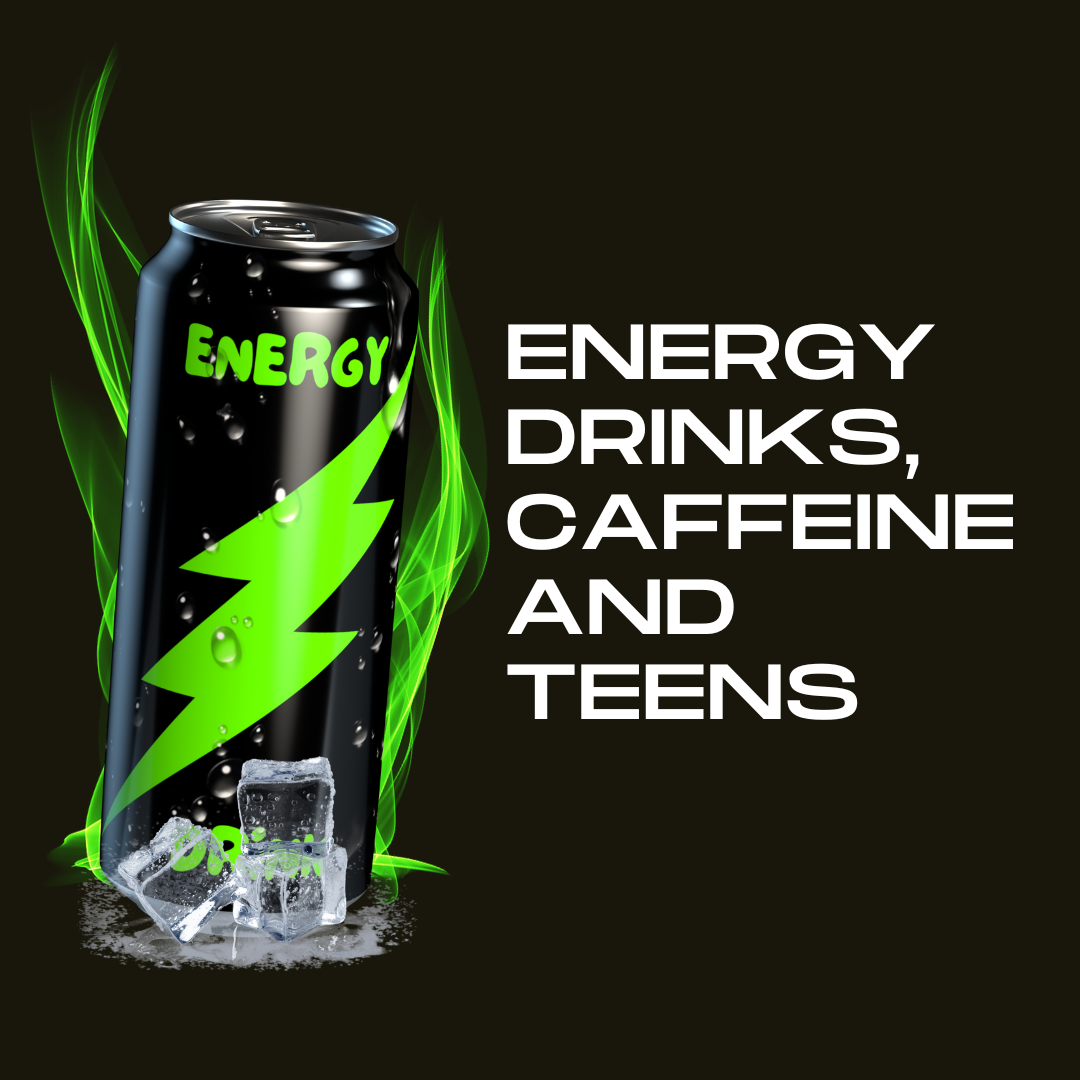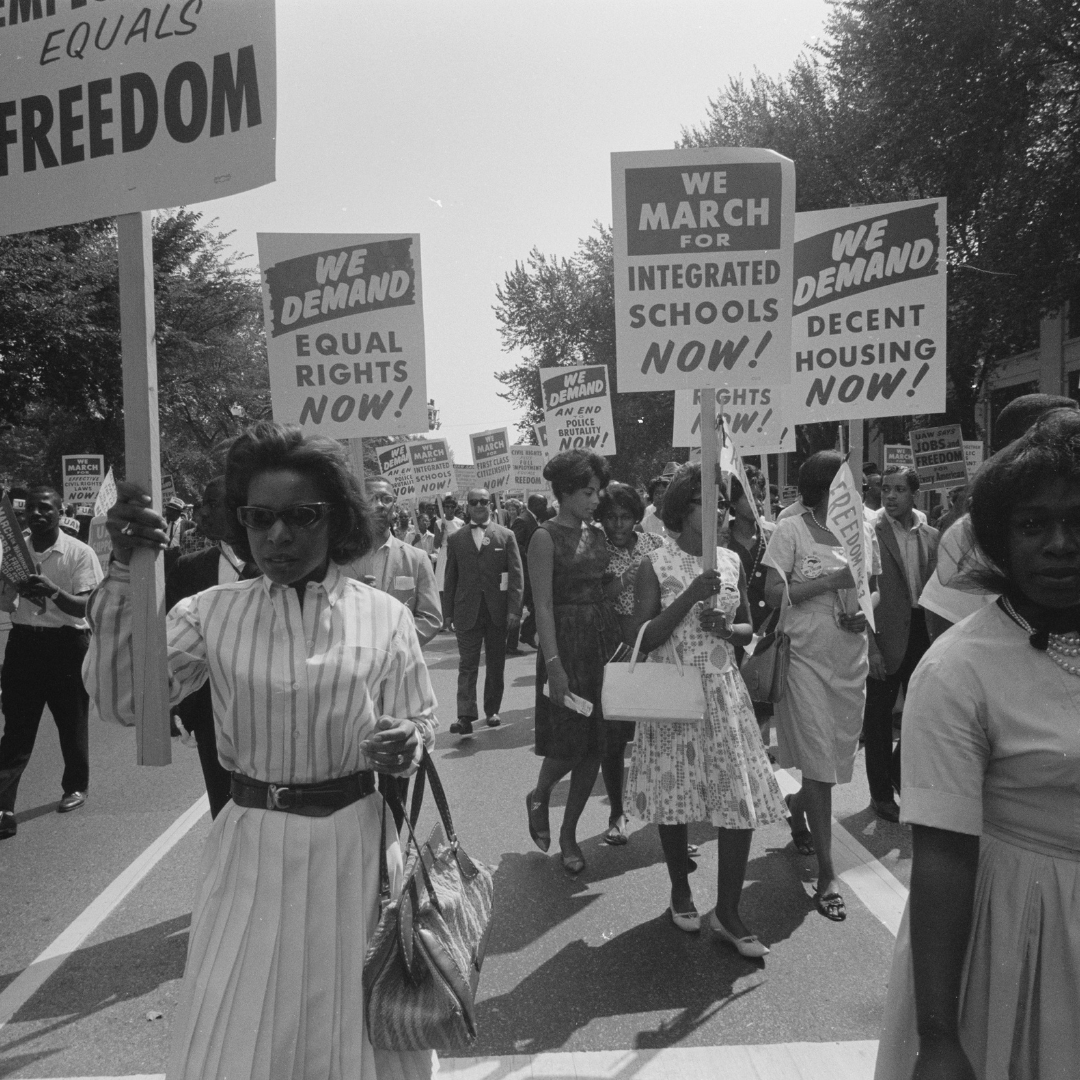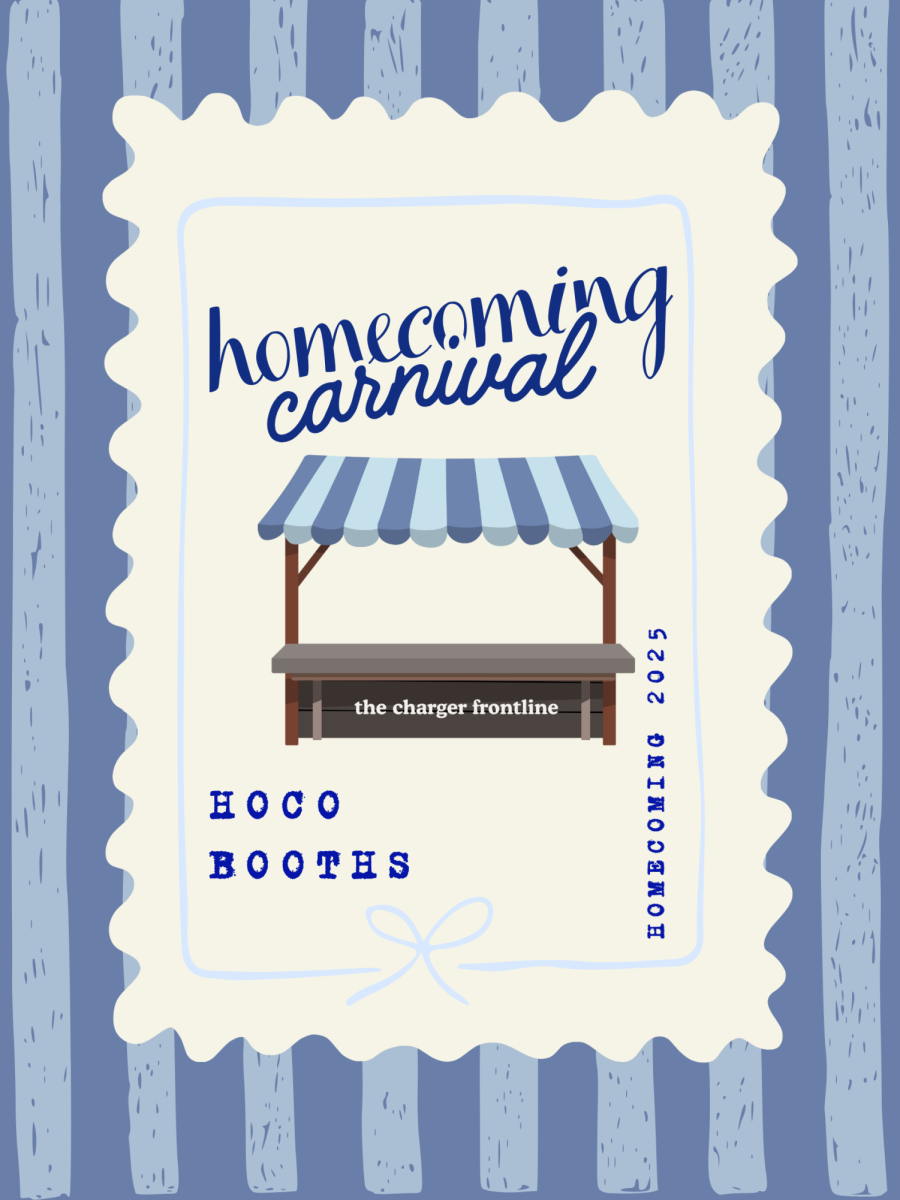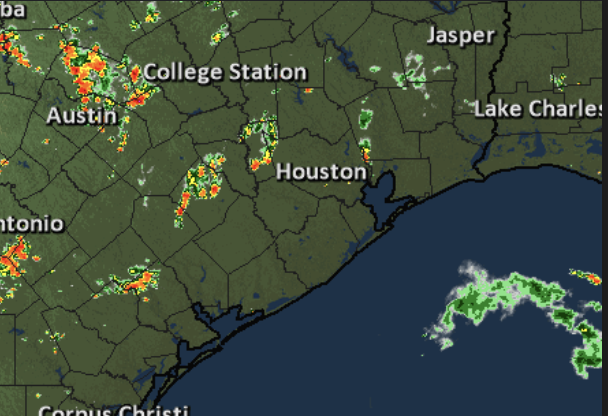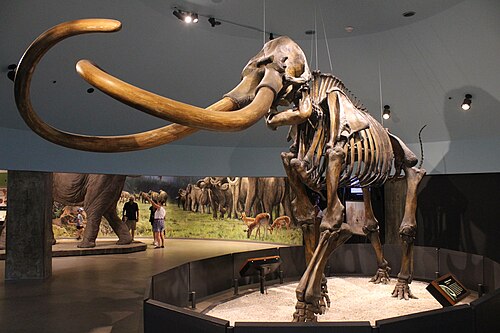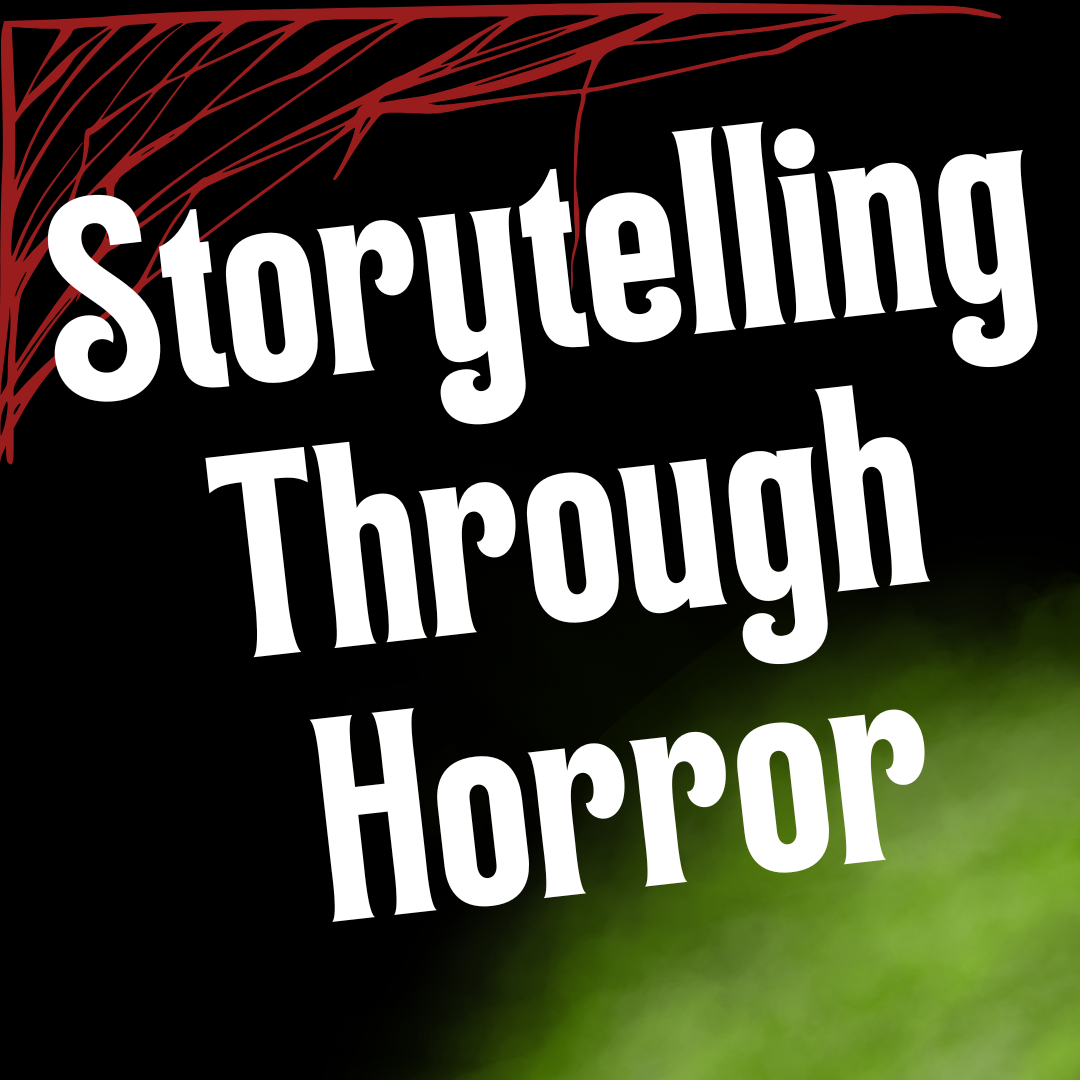Caffeinated drinks are easy to find. Coffee, tea, sodas and especially energy drinks are good examples of these drinks and although you may feel like you need a “pick me up” for a big game or a long study session, caffeine isn’t always the answer and has a negative effect on teens.
Caffeine is a stimulant, which excites the nervous system and brain making the person drinking it more alert and energetic.
Researching for a healthy income of caffeine won’t get accurate results since the research done is focused more on adults, not children. Since energy drinks and coffee are intended more for adults, most drinks that have caffeine in them have a higher dose than that recommended. Children and teens typically weigh less than adults, meaning they need a smaller dose to not have any effects.
Some positive side effects are it enhances your mood, helps you process information faster, and helps you focus. Caffeine can have many unwanted side effects as well including insomnia, headaches, nervousness, twitching, confusion, stomach problems, high blood pressure, irregular heartbeat, and other sudden movements such as pacing or bouncing your leg.
Although these short-term side effects may not seem like a big deal to some people, there are also long-term side effects that are a much bigger deal. Caffeine takes a major toll on a teen’s sleep, meaning that it can also affect your education in addition to your mental and physical health and can interact with prescribed medicines.
Caffeine causes the body to lose calcium which weakens bones, causing fractures and breaks to happen easier, and even causing bone loss. The biggest effect however is your heart, caffein worsens underlying health issues, such as heart problems and although it may seem unlikely, many teens have overdosed on caffeine. In 2009 there were more than 13,000 teens in the emergency room. One high school student in 2011 had to be hospitalized because he had cardiac arrhythmia, an irregular heartbeat which is too fast or too slow, and a seizure


